 Politics & Laws
Politics & Laws
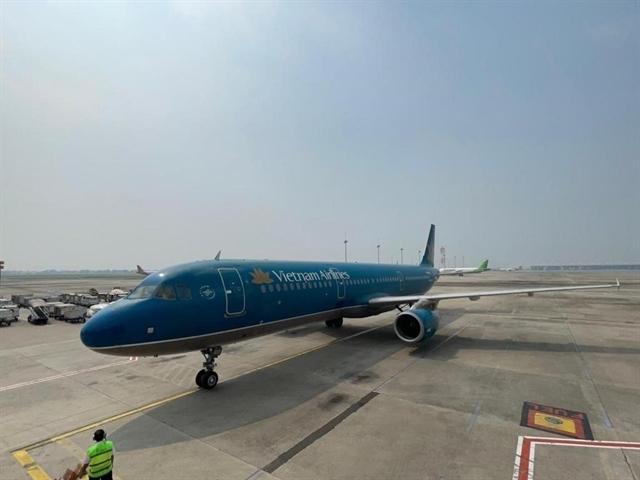
The quality of teachers and training programmes as well as concerns over ethics in education took the spotlight in the 14th National Assembly’s ongoing Q&A sessions as education minister Phùng Xuân Nhạ took the floor.
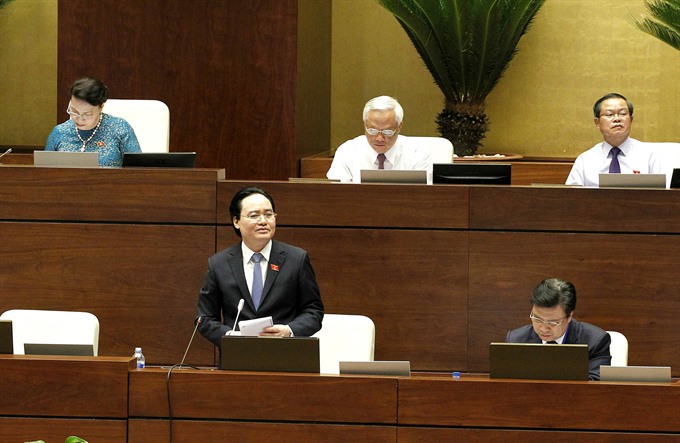 |
| Minister of Education and Training Phùng Xuân Nhạ during June 6 Q&A session at the National Assembly in Hà Nội. — VNA/VNS Photo Văn Điệp |
HÀ NỘI — The quality of teachers and training programmes as well as concerns over ethics in education took the spotlight in the 14th National Assembly’s ongoing Q&A sessions as education minister Phùng Xuân Nhạ took the floor.
One hot topic was non-public kindergarten education, as the recent scandals exposing child abuse and other malpractices in non-public child care centres raised public concerns.
Currently, there are 337,000 teachers working at 15,000 kindergartens nationwide. Most of the teachers are passionate about their jobs and love children, but some cases of violence against children still occurred, minister Nhạ said.
“However, these cases are just isolated incidents, and we shouldn’t make generalisations about the whole sector,” he said.
Still, the minister stressed that “unqualified teachers must be fired and any kindergarten where such scandals happen must be closed”.
Responding to Nguyễn Thị Thu Dung, Thái Bình Province’s deputy, on possible stricter standards for teachers, minister Nhạ agreed and said aside from academic performance, “a set of additional standards, like what we’ve been implementing in art schools” is being worked on.
Regular training and rational polices for teachers should be the first solutions, he said, noting that the strenuous work with low compensation, only VNĐ2.4 million (US$105) as monthly salary for new graduates, has heaped the pressure on teachers.
The Ministry of Education and Training has worked with the Ministry of Home Affairs and other relevant ministries to standardise and improve remuneration for pre-school teachers, he said.
Regarding questions raised by deputy Nguyễn Thanh Hải from the Mekong Delta province of Tiền Giang on measures to ensure children’s safety at kindergartens, Nhạ said that his ministry will recommend the Government promulgate policies and amend pre-school education policies to protect children at private kindergartens.
Minister of Home Affairs Lê Vĩnh Tân also clarified issues regarding contracts and other policies for kindergarten teachers, and affirmed that qualified teachers working in private kindergarten can receive the same level of benefits as in public ones.
On this issue, Chairwoman of the National Assembly Nguyễn Thị Kim Ngân stressed “the responsibility is of the whole socio-political system, not only the Ministry of Education and Training”.
Education reforms
Minister Nhạ admitted while some undergraduate institutions perform well, overall Vietnamese undergraduate education is weak and does not meet labour market demands.
In the future, public universities with good performance will receive support while underperforming ones will need to improve or face dissolution, the education chief said. To this end, university quality assessments will be a focus of the education sector.
Deputy Prime Minister Vũ Đức Đam also joined the Q&A session this morning, discussing graduation employment rate and education reforms.
Đam said during 2016-17, the Government required colleges and universities to conduct surveys on the graduation employment rate (the rate of students getting a job within 12 months since graduation). The results showed that the average rate hovers around 90 per cent, with the top schools boasting a 96 per cent rate.
However, this high rate doesn’t mean the students get a job they want, as 19 per cent of the jobs the students are employed in do not “qualify as university graduation-level,” Đam said.
He also said teaching students are struggling the most, with 19 per cent unable to find a job after graduation, followed by social services, environment, law and sports or culture.
Regarding NA deputies’ queries on education reforms, Deputy PM Đam said the Government and education authorities have made steps in certain fields, including studying law changes and developing projects and programmes.
On education law changes, Đam asked lawmakers to “take advantage of this opportunity” to make comprehensive breakthroughs and fix the “three long-standing issues” –fostering individuals’ innovation; the need for life-long learning; and encouraging school’s autonomy and the involvement of other stakeholders in education decision-making. — VNS

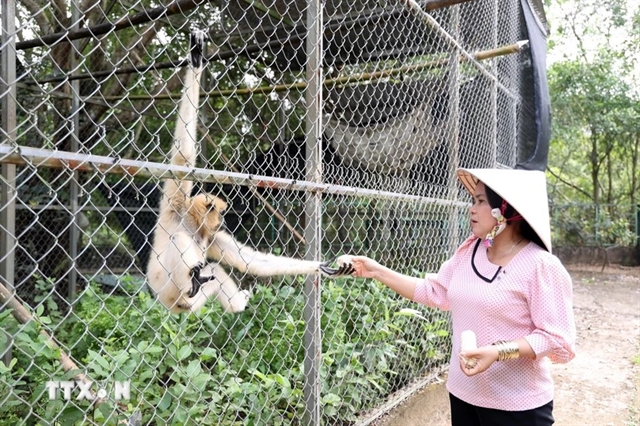

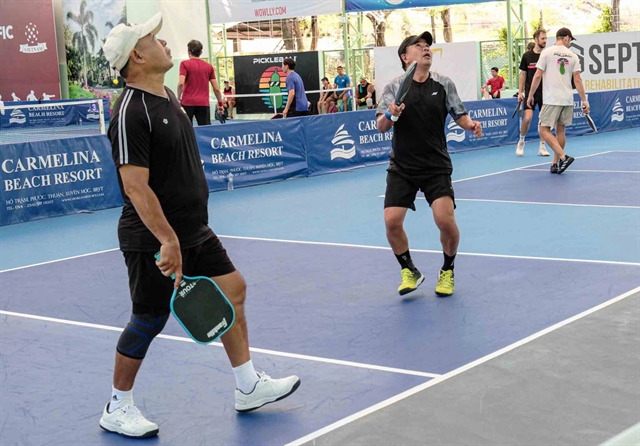

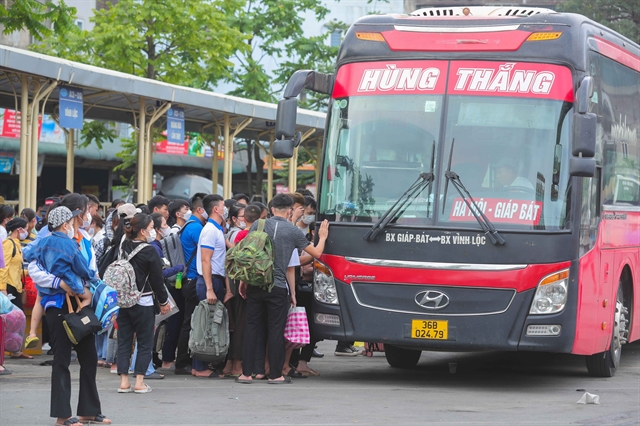
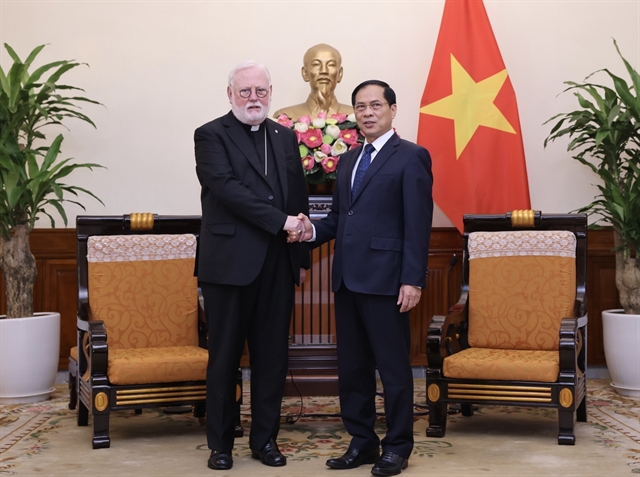


.jpg)